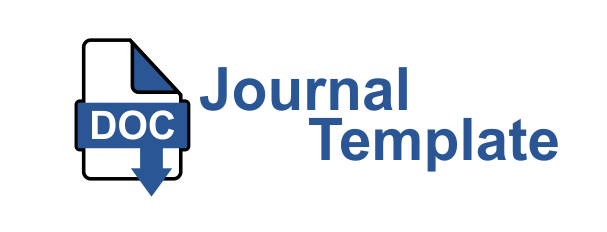Strengthening of Midwives in Reproductive Health Services and Family Planning During the Pandemic Covid-19
Abstract
The pandemic COVID-19 has limited access to reproductive health and family planning services. This causes the coverage of family planning acceptors has decrease and reproductive health and family planning counseling is limited. Midwives are worried about security in providing services during a pandemic. Acceptors are afraid to come to health services for fear of contracting the corona virus. This service aims to provide education to midwives in Indonesia in providing reproductive health and family planning services during the pandemic. This service is a webinar. The webinar be held on November 20, 2020. Participants are midwives who are members of the Indonesian Akbidyo Alumni Association. The first theme of the webinar focused on models of reproductive health and family planning services during the pandemic. The second theme is about the REDI KB application which can facilitate reproductive health and family planning services by online. The results of the evaluation showed that the benefits of the application, discussion during the webinar, delivery of material, and the theme of the material were 93.75%; 92.5%, 93%; and 93.25%. The conclusion, this service activity is useful for midwives as a provision in providing health services in the pandemic. Midwives are expected to be able to take advantage of the REDI KB application which can be downloaded in the app store as an online counseling medium. In addition, midwives can also create convenient service flows for both midwives and patients by referring to the family planning service model during the pandemic.
Downloads
Copyright (c) 2021 Eka Nur Rahayu, Fitriani Mediastuti

This work is licensed under a Creative Commons Attribution 4.0 International License.
Authors who publish with this journal agree to the following terms:
- Authors retain copyright and grant the journal right of first publication with the work simultaneously licensed under a Creative Commons Attribution License (CC-BY) that allows others to share the work with an acknowledgment of the work's authorship and initial publication in this journal.
- Authors are able to enter into separate, additional contractual arrangements for the non-exclusive distribution of the journal's published version of the work (e.g., post it to an institutional repository or publish it in a book), with an acknowledgment of its initial publication in this journal.
- Authors are permitted and encouraged to post their work online (e.g., in institutional repositories or on their website) prior to and during the submission process, as it can lead to productive exchanges, as well as earlier and greater citation of published work (See The Effect of Open Access).











